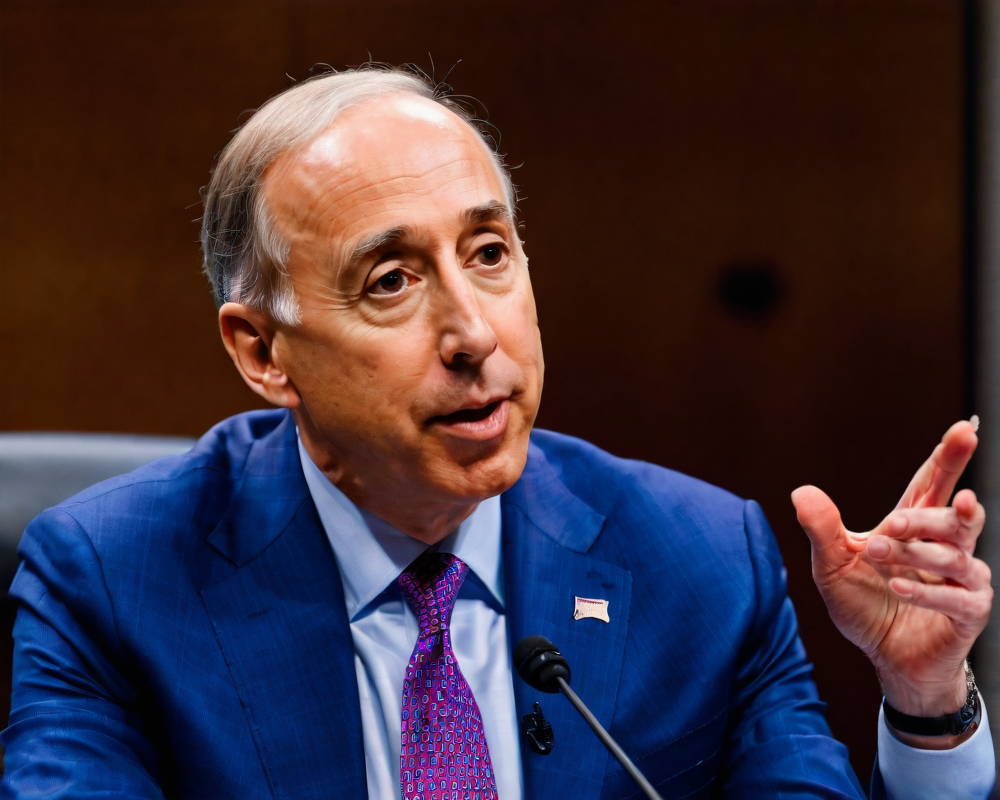Brad Garlinghouse vs. Jay Clayton: A Clash of SEC Perspectives
Ripple CEO Brad Garlinghouse criticizes former SEC Chair Jay Clayton’s stance on regulatory actions. Discover the implications for Ripple and the crypto sector.
Ripple CEO Calls Out SEC Chair Jay Clayton’s Regulatory Hypocrisy
Ripple’s CEO slams former SEC Chair Jay Clayton for hypocritical comments on crypto regulation amidst legal battles.
Coinbase Forms Global Advisory Council to Tackle Crypto Policies
Coinbase’s new Global Advisory Council aims to navigate the crypto landscape with former lawmakers and industry leaders. Discover more about their mission!
EMPOWR’s Legal Battle: Shining a Light on SEC Conflicts Over Cryptocurrency Regulation
EMPOWR’s lawsuit against the SEC highlights potential conflicts of interest involving ex-officials and their ties to cryptocurrency. Discover the implications.
Court Battle Over SEC’s FOIA Request on Cryptocurrency Officials
EMPOWR sues the SEC for transparency over former officials’ potential conflicts of interest in cryptocurrency regulation. Discover the details.
The SEC vs. EMPOWR: Unpacking the Whistleblower Lawsuit on Cryptocurrency Transparency
Discover how EMPOWR’s lawsuit against the SEC aims to unveil potential conflicts of interest in cryptocurrency regulations.
Jay Clayton Advocates for Proactive Crypto Regulation Amidst Ongoing Market Evolution
Jay Clayton calls for balanced crypto regulation to bolster innovation while enforcing well-defined laws amid current market dynamics.
Gary Gensler: The Future SEC Chair Poised to Lead on Crypto Regulation
Gary Gensler is Biden’s nominee for SEC Chair, bringing crypto expertise to financial regulation. Will he be the change we need?
XRP Investors Challenge SEC’s Ripple Case: A Writ of Mandamus for Justice
XRP investors file for a writ of mandamus in Rhode Island, challenging SEC’s actions against Ripple and seeking justice.
SEC’s FinHub Takes a Bold Leap as an Independent Office: What It Means for Innovation
Explore the SEC’s exciting transition of FinHub to an independent office and its implications for fintech innovation and regulation.









